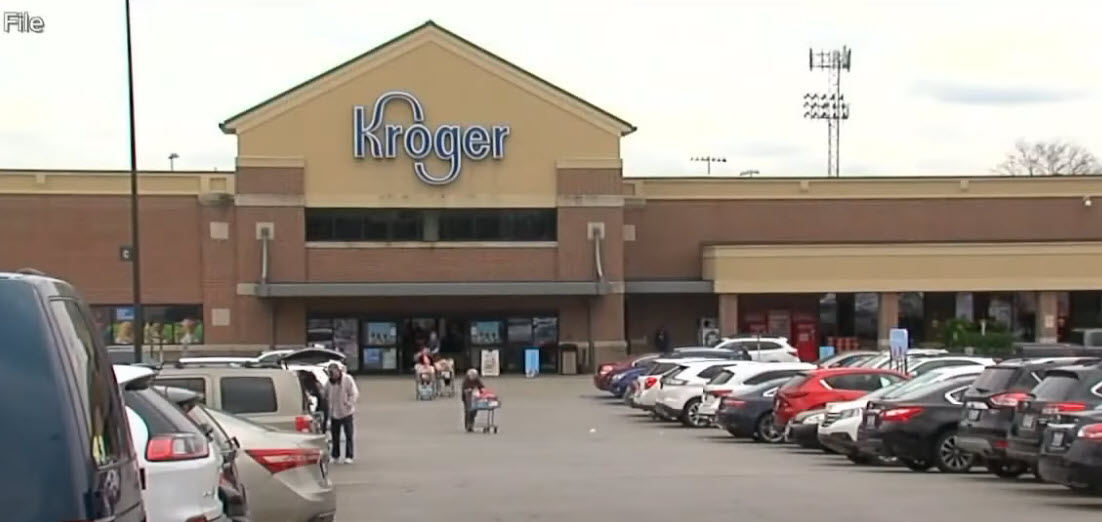The proposed merger between retail giants Kroger and Albertsons faces a significant obstacle as the Federal Trade Commission (FTC) takes legal action to block the deal. The FTC’s move has cast uncertainty over what would have been the largest supermarket merger in U.S. history, prompting concerns about potential consequences for consumers and competition within the grocery industry.
The merger, announced in 2022, sought to bring together Kroger, the fifth-largest retailer in the country, and Albertsons, currently ranking tenth. The deal aimed to create a retail powerhouse capable of competing with industry giants such as Walmart and Costco. However, the FTC has raised objections, asserting that the merger could lead to adverse outcomes for consumers, including higher prices and reduced choices.
The FTC’s lawsuit contends that allowing the Kroger-Albertsons merger to proceed would result in an elimination of competition within the grocery industry. The regulatory body argues that the consolidation of these major players would not only diminish choices for consumers but could also lead to store closures and job losses. The potential negative impact on both competition and the workforce has become a focal point in the legal battle.
California has emerged as a prominent opponent of the Kroger-Albertsons merger, with Attorney General Rob Bonta leading the charge. California, along with several other states, is participating in a multi-state lawsuit aimed at halting the consolidation of the two supermarket chains. Bonta asserts that states have a responsibility to protect consumers from potential negative consequences before the merger takes place.
Attorney General Rob Bonta has voiced specific concerns about the impact of the merger on union workers and consumers. He argues that the consolidation could weaken the negotiating power of unionized employees, potentially leading to a reduction in wages and benefits. Additionally, Bonta warns that consumers may face fewer choices and increased prices if the merger proceeds unchecked.
The grocery industry has witnessed a trend of consolidation as major players seek strategic partnerships to enhance competitiveness. However, the FTC’s intervention in the Kroger-Albertsons merger highlights the regulatory scrutiny such deals face, particularly when they risk undermining healthy market competition.
The outcome of the legal battle will likely have far-reaching implications for the grocery retail sector and set a precedent for future mergers in the industry. The debate over balancing market consolidation with consumer interests underscores the complexity of navigating the competitive dynamics within the retail landscape.
As the legal proceedings unfold, stakeholders, including consumers, industry analysts, and the retail giants involved, await clarity on the fate of the Kroger-Albertsons merger and the potential implications for the broader grocery market.



